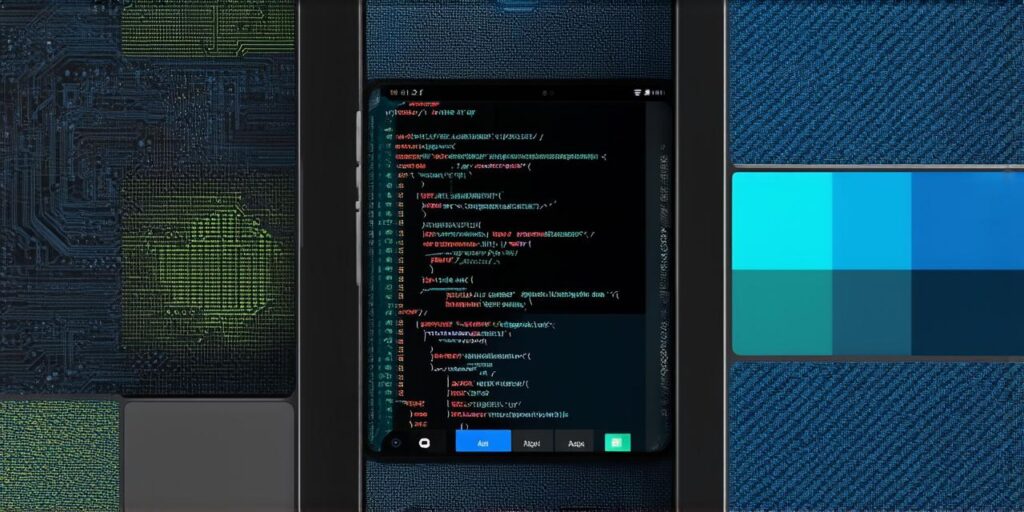Are you considering becoming a mobile app developer? If so, there are certain skills that you will need in order to create successful mobile apps. In this article, we will explore what these skills are and how they can help you become a successful mobile app developer.
1. Understanding of Mobile Development Platforms:
The first skill that you will need is an understanding of mobile development platforms such as iOS, Android, and Windows Phone. These platforms provide the framework for your mobile app to run on, and you will need to be familiar with their features and capabilities in order to create apps that are compatible with them.
2. Programming Languages:
In addition to understanding mobile development platforms, you will also need to be proficient in programming languages such as Java, Swift, or Kotlin. These languages are used to write the code for your mobile app and will allow you to create functionality such as user interfaces, data storage, and networking.
3. User Experience Design:

User experience (UX) design is a crucial aspect of mobile app development. It involves designing an intuitive and easy-to-use interface that enhances the overall user experience. A good UX design will help to keep users engaged with your app and encourage them to return for more.
4. Mobile App Development Tools:
There are many tools available that can help you in the mobile app development process. These include integrated development environments (IDEs), testing frameworks, debugging tools, and deployment tools. By using these tools, you will be able to streamline your development process and create apps more quickly and efficiently.
5. Understanding of Mobile App Development Best Practices:
There are certain best practices that you should follow when developing mobile apps in order to ensure their success. These include things such as optimizing performance, ensuring cross-platform compatibility, and implementing security measures. By following these best practices, you will be able to create apps that are more reliable and user-friendly.
6. Mobile App Development Teamwork:
Developing a mobile app is not a one-person job, it requires the collaboration of a team of developers, designers, and other professionals. Good communication skills and the ability to work collaboratively with others will be essential in order to create successful mobile apps.
7. Mobile App Development Continuous Learning:
Mobile app development is a rapidly evolving field, with new technologies and platforms being introduced all the time. In order to keep up with these changes and stay current with the latest developments in mobile app development, you will need to be a continuous learner.
Case Study: Uber
Uber is a great example of a company that has successfully created a mobile app for their business. The app allows users to quickly and easily request rides, set their pickup and drop-off locations, and pay for the ride. The app has been designed with a user-friendly interface that makes it easy for users to navigate and find what they need.
Personal Experience:
As a mobile app developer, I have personally experienced the challenges of creating successful mobile apps. One of the biggest challenges was ensuring cross-platform compatibility, as different platforms have different features and capabilities. I had to work closely with my team to ensure that the app would function seamlessly on all major platforms.
FAQs:
1. What programming languages are commonly used in mobile app development?
Java, Swift, Kotlin, and Objective-C are commonly used programming languages in mobile app development.
2. What tools do I need for mobile app development?
Integrated development environments (IDEs), testing frameworks, debugging tools, deployment tools, and version control systems are commonly used tools for mobile app development.
3. How can I optimize the performance of my mobile app?
Caching data, minimizing unnecessary code, and using efficient algorithms are some techniques that can be used to optimize the performance of a mobile app.
4. What are some best practices for mobile app development?
Optimizing performance, ensuring cross-platform compatibility, implementing security measures, following design principles, and testing thoroughly are some best practices for mobile app development.



